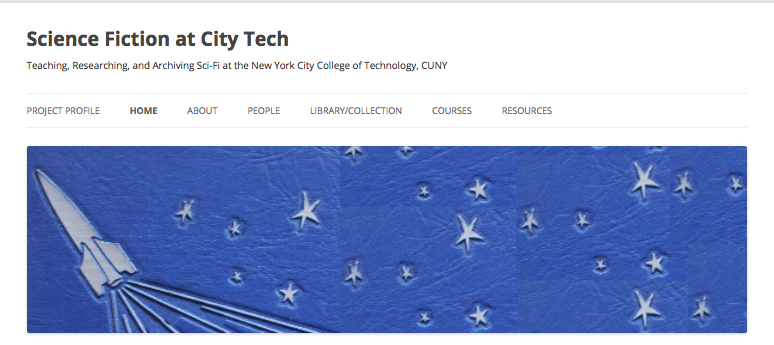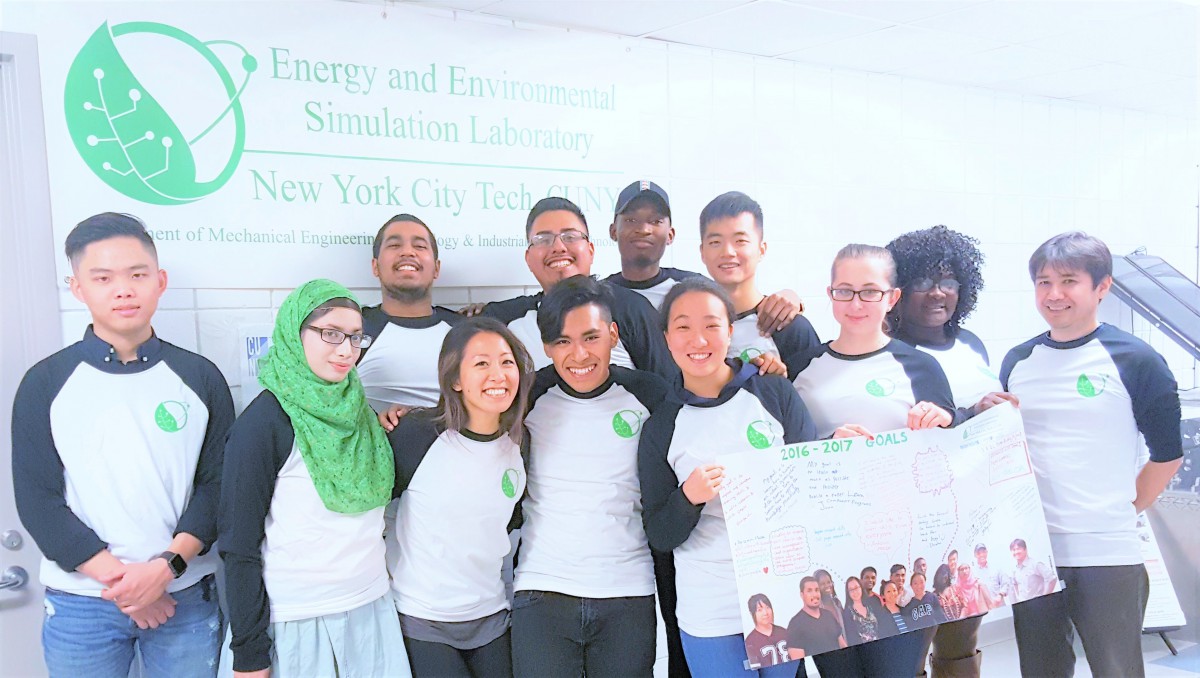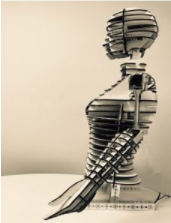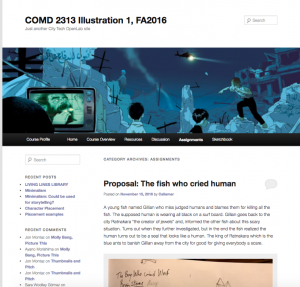
We released version 1.7.6 of the OpenLab on December 14, which included a few behind-the-scenes updates, a few bug fixes, and some web accessibility improvements.
There were a few plugin issues, including one with Gravity Forms causing it to prompt users for a license key when activated for the first time. We also fixed a bug in the plugin WP Post to PDF, which displayed an error when uploading images to posts, and put in another fix for Screencast video embedding.
We also addressed a bug causing a blank screen to display at the end of group creation, and a very obscure issue causing an error when a project profile used a file uploaded to the Files section of the project as an external site.
We made a subtle change to the teal color on the site in a few places, to a teal with a contrast ratio that is accessible. For more information about color contrast, see our help post on accessibility.
As always, please contact us with any questions!











